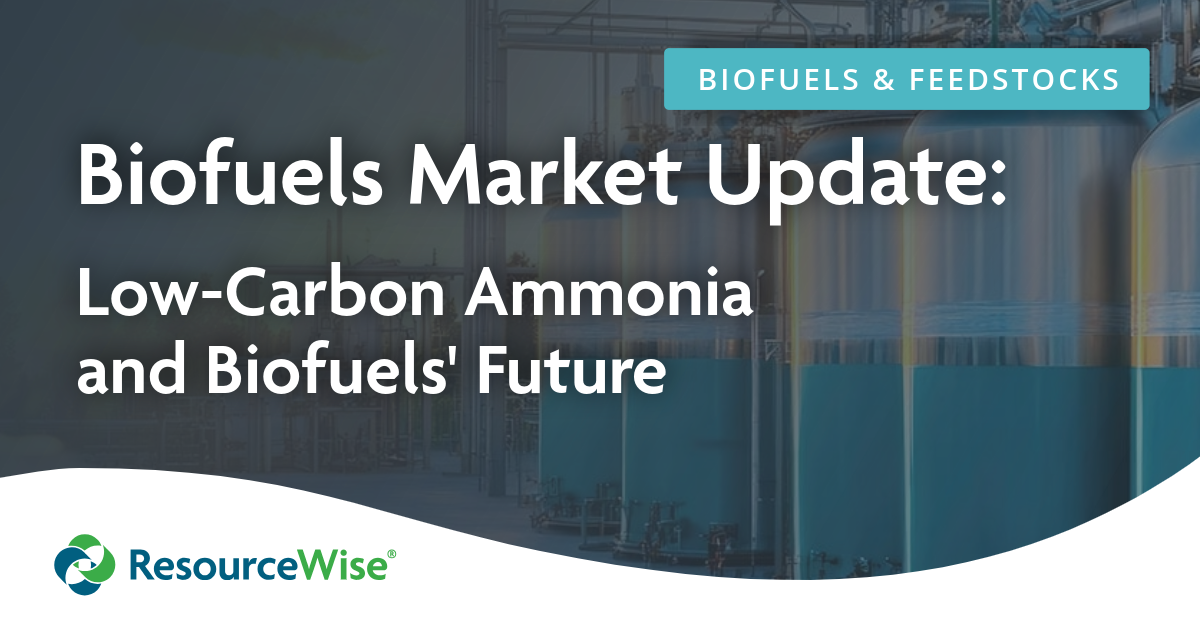
Sustainable aviation fuel (SAF) continues to gain momentum as it receives an increasing amount of attention. As aviation-related businesses look to decarbonize, fuel remains one of the largest challenges. Unsurprisingly, finding alternatives to traditional fuels has become a priority to achieve this goal.
The obvious, direct roadblock to SAF adoption its cost. Currently, compared to fossil fuels, SAF prices are roughly triple the price per gallon. For many airlines and related businesses that continually seek ways to cut costs, this enormous price differential is simply too high to seriously adopt SAF in their fleets.
Despite this very large obstacle, we’ve seen help come in a few forms:
- Inflation Reduction Act in the US offers various tax benefits for biofuel adoption (and similar packages in other countries).
- Initiatives from airports such as Heathrow’s plan for airlines that cuts up to half of the cost differential between SAF and traditional fossil fuels.
Perhaps more importantly are the upcoming regulations and mandates on biofuel adoption. Major world markets—particularly in the EU—will require much stricter usage of biofuel blends. Similarly, the US carries both federal- and state-based mandates for biofuels that will increase in the coming years.
In markets like aviation, making the shift to SAF alternatives is now an immediate concern. But how can businesses better map out what that transition will look like?
The answer comes down to elements: quality data and a trusted, experienced team reporting it.
SAF Pricing Models Not Created Equal
Planning a decarbonization strategy requires the right knowledge and insights to keep you aligned with your goals. This knowledge includes pricing data on the fuels you adopt within your operations.
As an emerging fuel market, SAF pricing data currently lacks any sort of market-wide pricing standard. That means that the prices you see from various reporting agencies are known as “modeled prices.”
Modeled prices serve as assessments of data based on several criteria to offer an informed, fair, and expected cost for SAF. “Fair” in this context means a price that best reflects the condition of the market and the actual prices you can expect to pay for the fuel.
A growing number of price reporting agencies have begun to offer SAF prices. Using tools such as AI, they claim that their data accurately reflects the market. And they may offer that data at a price that seems too good to be true.
In these cases, remember the adage “if it looks too good to be true, it probably is.” Like many other products and services, not all SAF pricing services are created equal.
Real-world data must go beyond computer-based projections or AI-driven analysis. It must reflect business-to-business data grounded in both current production and sales alongside future-facing trends, updates, and efficiencies.
If you’ve subscribed to data that doesn’t reflect the actual market conditions for SAF, what exactly are you buying? For your own planning and decarbonization needs, you must use data that you can trust.
Read More ResourceWise Insights on Sustainable Aviation Fuels:
2023 Year-End Sustainability Trends Focus on Biofuels, SAF
First 100% SAF Transatlantic Flight, Subsidies Push Renewables
What to Look for In Your SAF Price Reporting
How can you ensure that the data you’re getting is worth your attention? Evaluate your sources using the following standards:
Market Experience
Any company bringing you pricing data must have the experience which qualifies them to do so. This includes historical work in markets relative to biofuels such as UCO and even fossil fuels.
Analyst Expertise
As industry experts, analysts must also bring a high degree of precision to their insights. Their work inside these rapidly changing markets means they understand how movements will affect change in supply/demand and pricing.
Process Transparency
Lastly, transparency in the price-tracking process is key. Methodology sheds light on how analysts employ their tools to bring you accuracy in what they track. Clear and transparent methodology will mean much more consistent accuracy which your business can count on.
Trusted, Reliable SAF Data Now Available in Prima CarbonZero™ from ResourceWise
Prima CarbonZero™, ResourceWise’s online biofuels and feedstocks analytics and price platform, now offers data on five different types of SAF in our Carbon Mitigator Report:
- E-Methanol ATJ (alcohol to jet fuel)
- Crop Ethanol ATJ
- HEFA SAF
- Waste Ethanol ATJ
- eSAF
Our pricing methodology adheres to a strict set of hierarchical guidelines for its International Organization of Securities Commissions (IOSCO)-scope assessments. This means a clear and traceable process, coupled with our analysts’ expertise, to come to a fair and reliable SAF price point.
Our data speaks for itself in its quality and accuracy to real market movement in SAF and other renewables. Click on the link below to learn more about the Carbon Mitigator Report and schedule a demo to see for yourself why so many companies trust ResourceWise for their decarbonization strategy.






